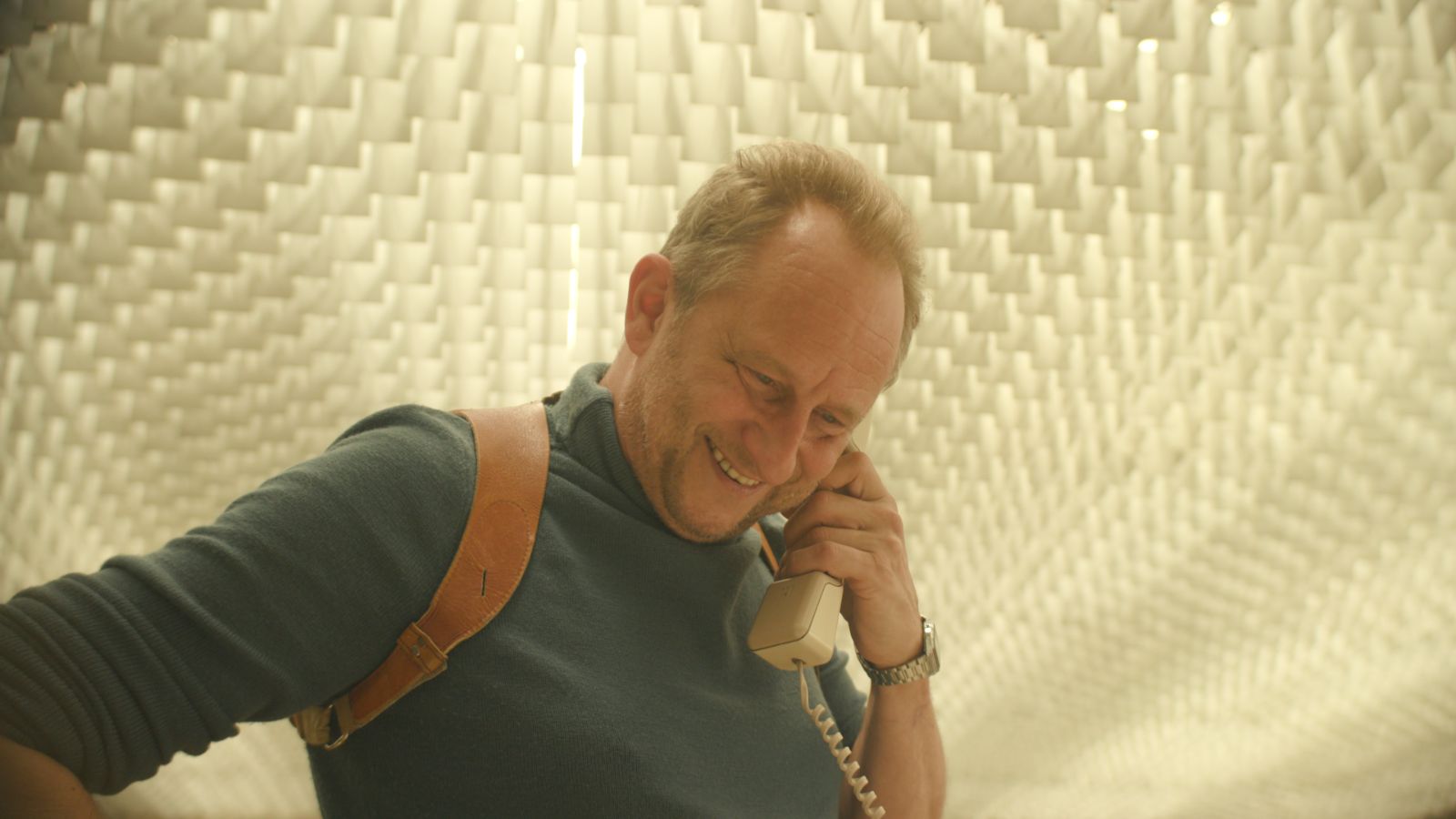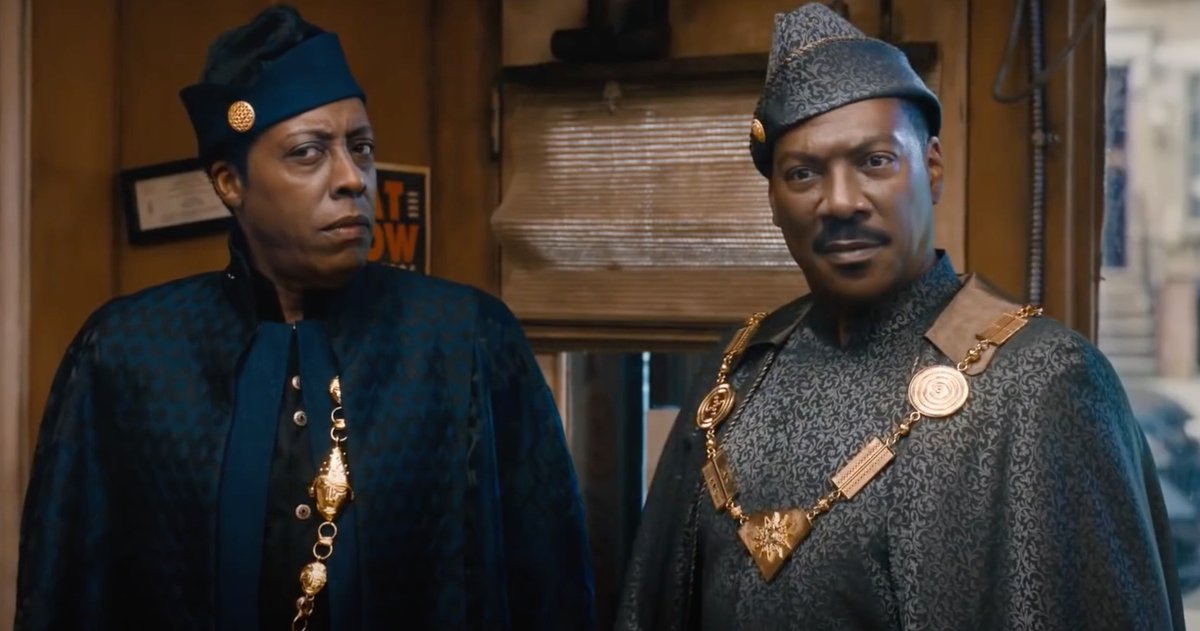Come True
by Hope Madden
There are elements of Anthony Scott Burns’s sci fi horror Come True that put you in mind of early David Cronenberg, although what Canadian filmmaker hasn’t been inspired by the master?
Like Cronenberg, Burns sets his unnerving tale amid the humming florescents, beeping machines and grainy medical equipment displays of an institution—someplace hospital-like, if not quite hospital-proper.
But where Cronenberg usually populated these dreary medtech landscapes with the most disturbing body horror, Burns has other, slower terror in mind.
This is where 18-year-old runaway Sarah (Julia Sarah Stone) finds herself. Nights spent on friends’ couches or at the local playground have Sarah strung out enough that a two-month sleep study sounds exactly like the safe, sound rest she needs.
Unfortunately, Sarah suffers from nightmares.
This is where Burns develops a marvelous sense of universal dread. As his camera (he also acted as cinematographer) weaves through hallways and caverns too dark to truly make out, human shapes or something like them hang, drape, congeal and otherwise loom in shadows. They are at unnatural angles and heights. Some seem to be looking at you.
What Burns sets in the corridors of Sarah’s mind abandons the Cronenberg universe in favor of a terror more reminiscent of Rodney Ascher’s documentary, The Nightmare.
Whew—heady stuff, and big shoes to fill. Burns follows through with the tone and look of the film, creating a dreamy, retro vibe that he amplifies with a score by Anthony Scott Burns, Pilotpriest and Electric Youth.
He also has quite a find in Stone, whose elfen look perfectly suits the project. She projects something scrappy, vulnerable and otherworldly and she carries this film on her narrow shoulders.
The cast around her does wonders to suggest a backstory that isn’t shared, each pair or group with its own lingo and worn in rapport.
Where Come True falls short is in its story. The slow pace eventually works against the film. Worse still, it’s hard to see the climax as anything other than a cheat. Come True leaves you feeling massively let down, which is truly unfortunate after so much investment in a world this well built.














